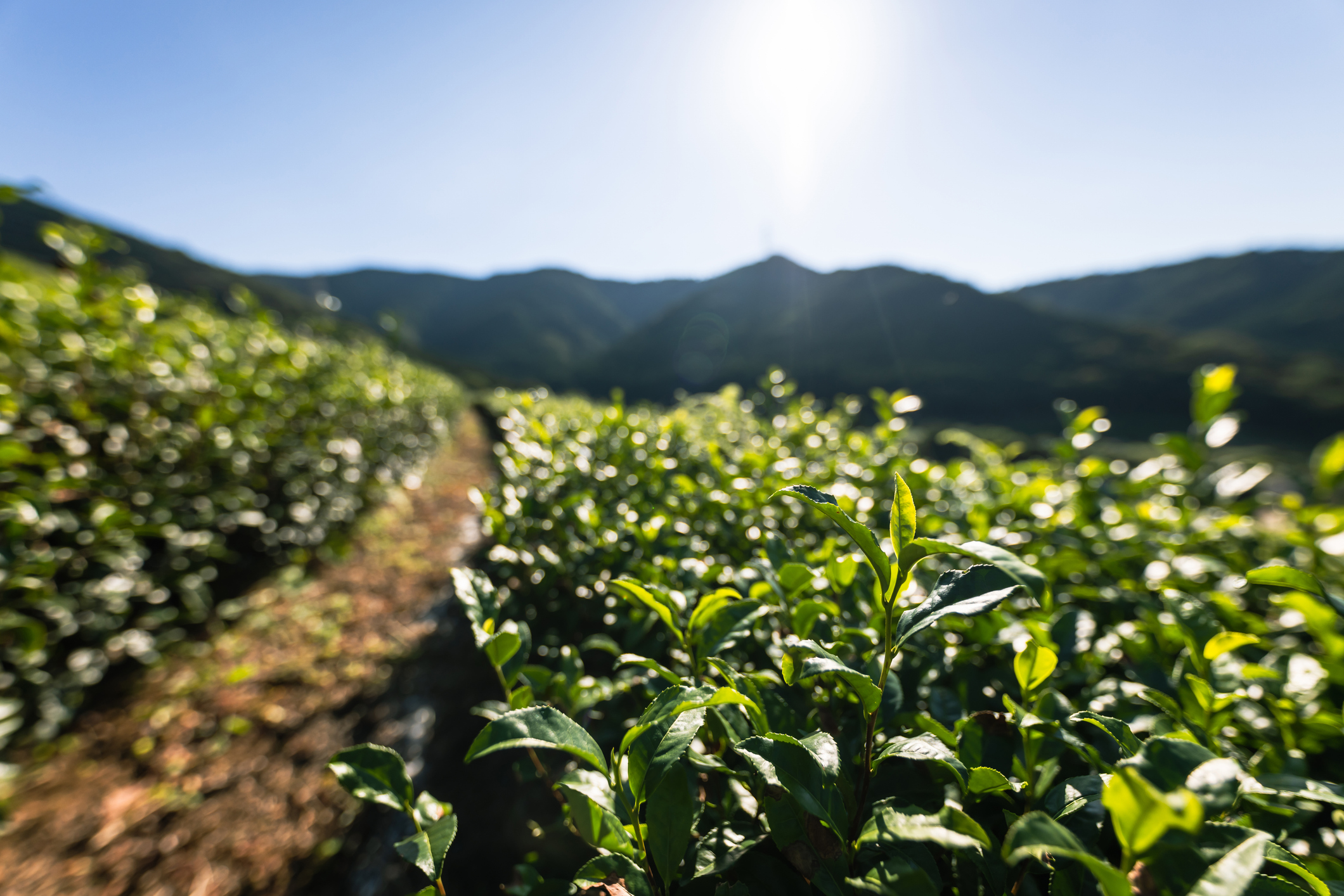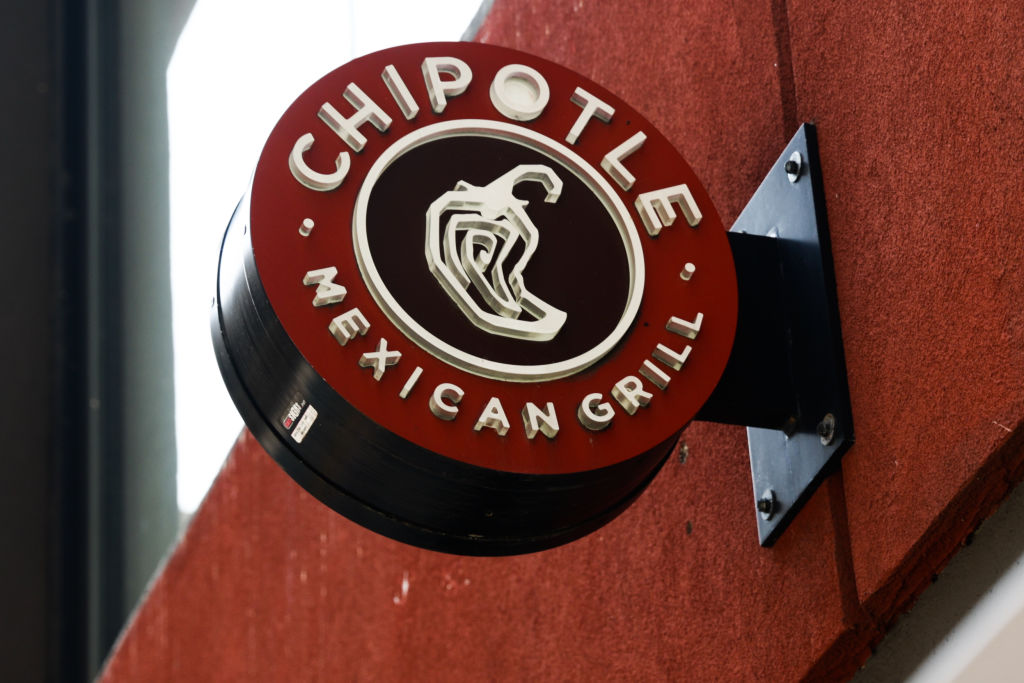Farmer, Patrick Brown, has reclaimed the land once owned by his great-great-grandfather, who was also enslaved there.
Currently, Patrick serves as the director of farmer inclusion for the social justice nonprofit Nature for Justice, reports Bitter Southerner. He is responsible for ensuring that $1.7 million in funding is allocated to farmers of color in North Carolina by 2029. Brown also serves on the board of the Eva Clayton Rural Food Institute, an organization established to combat food inequities.
Patrick’s passion for farming is rooted in his upbringing. At the age of 9, he was already working on his family’s farm in North Carolina, helping to load tobacco.
“It would take us about nine hours to fill up two barns,” he told the outlet.
His father, Arthur, played a key role in igniting his interest in farming. He passed down stories of their family’s four-generation legacy in agriculture.
“He was educating me,” Patrick explained, according to Bitter Southerner. “He would say, ‘This is where our family ancestry originated, this is the plantation that we came from.’”
One part of his family’s story Arthur was not fond of bringing attention to was Patrick’s great-great-grandfather, Byron, who worked as a sharecropper on the Oakley Grove plantation.
“My dad didn’t really talk about slavery much; that’s just something that he didn’t focus on,” Patrick explained. “He understood slavery and everything that people had gone through, but his image was his father — and his father was a no-nonsense type of guy that really felt superior to slavery. Grover couldn’t relate to slavery in a way, because he felt like he was born into progress. His father [Byron] was wealthy, and all his kids were entrepreneurs. They didn’t want any association with that property over in Littleton. While they knew the history, they didn’t relate to it.”
Patrick does not share the same outlook as his father and credits the person he has become today to his struggles. Moreover, the land Bryon once worked is now under his ownership as of May 2021.
“Now it’s OK to talk about, because now we actually have a little bit of ownership in the process,” he explained. “It’s like full circle.”
Patrick intends for the farm to serve as a family museum, an event space, and a hub for farmers of color to access educational resources.

















